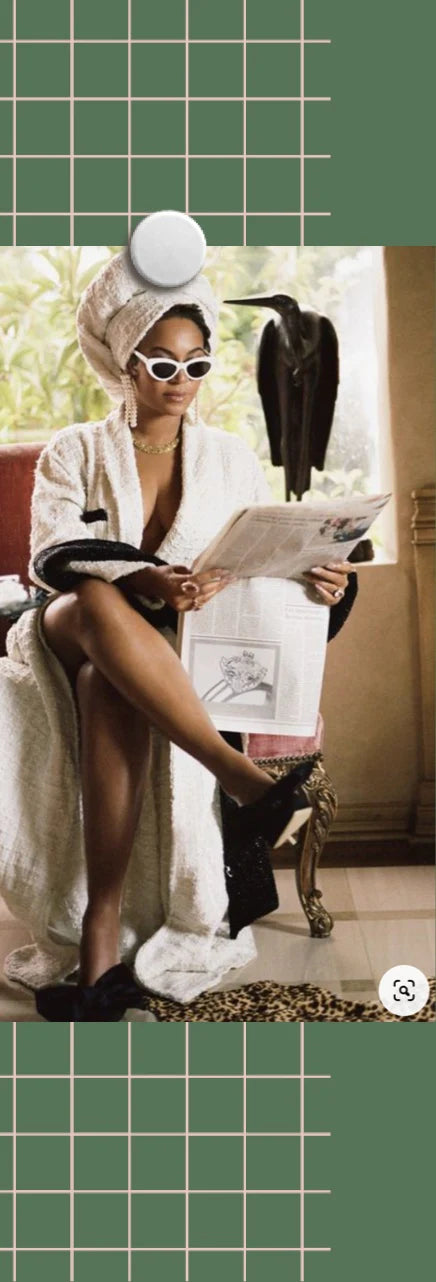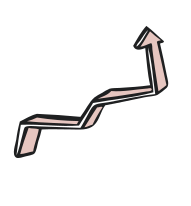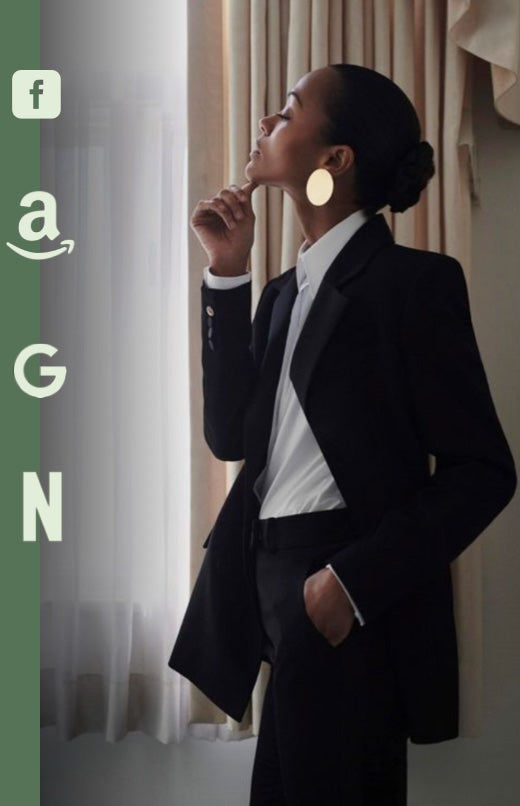







Amy Fraser
35 | Auckland

What is your name/age/where are you living?
Amy Fraser, 35, Auckland.
How do you make money?
I run a business called OKREAL, I consult for companies like Diem, I am a coach and a writer.
Describe the state of your finances in a few words.
Coming of age.
What is your relationship with money like? Has it changed over the years?
Better than it used to be. Once I started paying attention to the narratives I had around money, I was able to work on my relationship with it. We grew up with little money, and I’ve always felt stress around it as a result. If you’ve grown up with a scarcity mindset or have negative associations with money, it becomes the enemy. Then you become an adult and realise it’s really hard to attract and grow something that you hold in contempt. If you’re someone who says ‘I’m terrible with numbers, money is so stressful, I hate dealing with money’—that’s a big clue for you to start working on your money stories.
Where do you think NZ is in regards to overall gender equality? How could that be improved?
Subpar. We’ve made strides, for sure—but generally speaking (not all men, etc) there’s a low key misogyny here that I think of as Conservative Male Syndrome. Men are ‘not allowed’ to say certain things because ‘everything’s so PC now’, but they’re still thinking them, making jokes that we ‘shouldn’t take so seriously’, and are not overly enthusiastic about advancing women if it requires sacrifice on their part. It’s a stagnant approach to gender roles and the tip of the iceberg for inequality at large. In relation to financial inequality—when women are left behind, we are ALL left behind. McKinsey reports show that increased gender parity in the workforce could see a global GDP gain of $12 trillion dollars—or $28 trillion, if women and men were represented in equal measure. The systemic uprooting to achieve this would be colossal—not just appointing women to positions of power in acts of tokenism, but setting up structures from the ground up that enable (all of) us to succeed. In turn, men would need support in areas that that are outside of gender norms—the stay at home dad, for example. This wouldn’t simply require family support—but an entirely new definition of power dynamics and value metrics in a heteronormative family. World Bank stats show that women spend 300% more time on unpaid care work that men do. If you choose to have children and return to work, you end up trying to perform in your career while being accountable for keeping the house and kids in order—the latter of which is not considered an actual job, but an expectation. Most of the work that ends up falling to women is not remunerated, and therefore not valued. No wonder we never feel like we’re enough. As a working mother of two kids, I can vouch for the fact that I have to work twice as hard to tread water in my career. Or take the stay-at-home mother who works around the clock, but doesn’t get any recognition in society because her contribution is not financial. This is where I think feminism is flawed—we’re still striving towards man’s definition of power: where money and ownership is paramount. We need to redefine what power and value looks like based on the different strengths all genders bring to table.
Do you think it’s important for women to start having more conversations about money? If so, why?
Yes. We’re doing generational work. Men have controlled money (and therefore had power) since forever ago, whereas women have only been able to open bank accounts (in the US) since the 60s. Women are now earning money like our male counterparts, but we haven’t had thousands of years of financial familiarity. This puts us at a huge disadvantage. I’m also speaking from a privileged, white women’s perspective—the gender wage gap for women of colour is another topic within itself. I know that some women are scared to talk about money because they feel like they don’t know enough about it, but this just perpetuates the cycle. Financial literacy starts with conversation—in order to learn you have to be comfortable with asking questions.
In NZ and AUS we’re quite embarrassed when it comes to conversations around money. Why do you think that is? What do you think we do to change that?
Because vulnerability here is seen as a weakness and not a strength. The ‘she’ll be right’ attitude has translated into a culture of people who are great at small talk and wildly awkward at talking about anything other than the weather. What’s that saying—If you want to change the world, go home and love your family? Start talking about money at the dinner table, start conversations with your girlfriends about how you can help each other. Model the behaviour you want to see in others—it won’t always be reciprocated, but if you’re less weird about it, you’re giving others permission to be / act the same.
What does financial freedom mean or look like to you?
Choice. Providing for my children. Buying an island if I want to. You know, the basics.
What's one money goal you have right now?
I just paid off my student loan last week, which is a huge achievement for me personally!
What's one money tip you've learned and found hugely helpful?
Get a good accountant. A lot of good financial advice parallels with good life advice. In the same way that you should diversify your revenue streams, you should diversify your facets of fulfilment in life: don’t rely on one area of your life to complete you—your energy and joy should come from a variety of sources. If you can do this with your money too, even better.
Have you invested in anything lately that you're excited about?
My partner would laugh at this. I added two stocks to his portfolio recently and they are performing dismally. I’m investing a lot of time in my kids right now, and I feel confident about their ROI.
What do you like most about being a part of the Curve community?
I truly love seeing women mobilise through community, especially when it’s for a cause like The Curve: more knowledge for women = more power.


